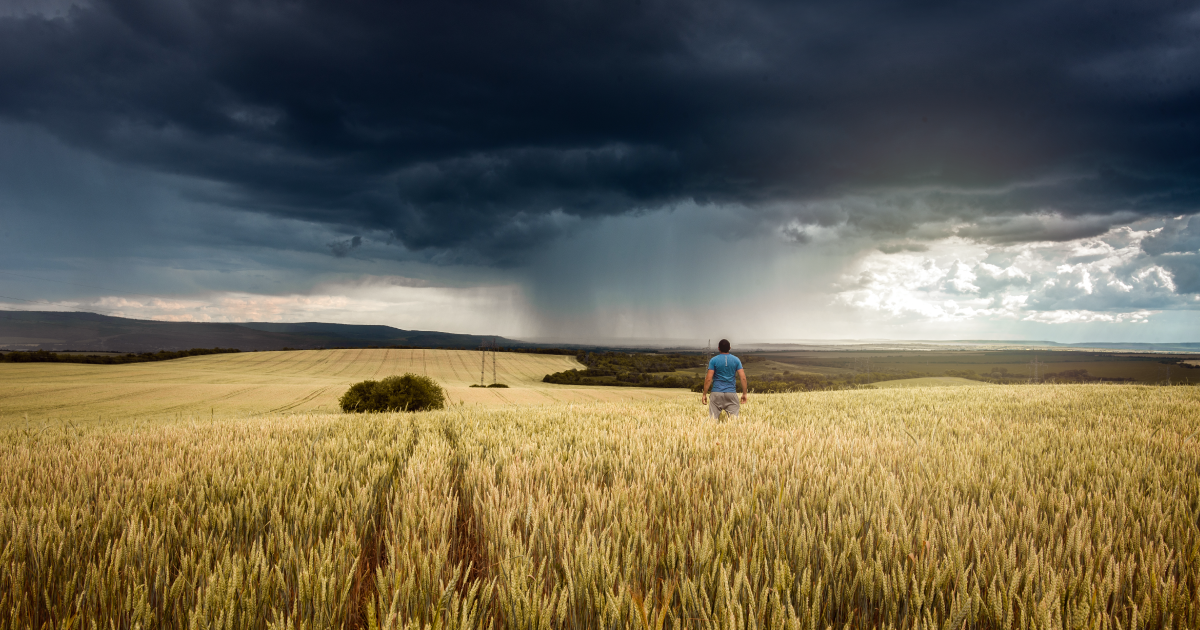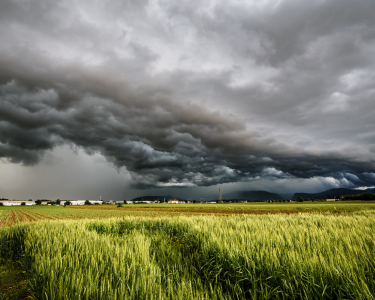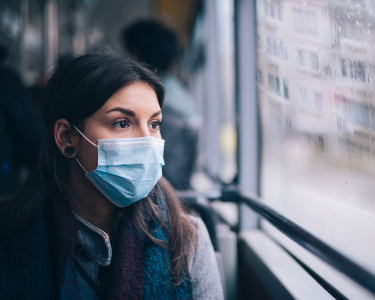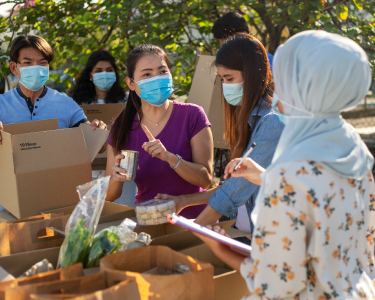Our new resource collection shares opportunities to prevent sexual violence before, during, and after disasters.

In 2020, as the COVID-19 pandemic spread and stay-at-home orders went into effect across the globe, many community-based rape crisis centers and domestic violence programs reported a noticeable increase in hotline calls and requests for services. At the same time, it quickly became clear that due to structural racism and long-standing health, housing, and economic inequities in the United States, Black, Indigenous, and other communities of color were disproportionately impacted by the coronavirus itself, the financial crisis that came with it, and the subsequent risks of sexual violence victimization.
The National Sexual Violence Resource Center (NSVRC) recognized the need for updated resources that help to highlight and carry forward the lessons learned from the COVID-19 pandemic and other recent disasters, with particular attention to the racial and social inequities that shape both disasters and sexual violence. We convened an advisory group of organizations working at local, state, and national levels to support Black, Indigenous, Latinx, and Asian American and Pacific Islander survivors of sexual violence. These movement leaders have guided the creation of this resource.

Sexual Violence in Disasters draws from research, reporting, and the lived experiences of survivors to explore the connections between sexual violence and disasters, the inequities that shape them both, the lessons to be learned from the resilience of survivors and their communities, and opportunities for all of us to prevent sexual violence before, during, and after disasters. This guide is also available in Spanish.
The following lists provide resources for survivors, their friends and family, community organizers, organization leaders and managers, and service providers.
This resource list for survivors contains links to free and confidential support; tips for safety planning; and tools for coping, healing, and support.

Disasters can create additional risks and barriers for people who are currently experiencing violence. They can also stir up painful memories and feelings for people who have survived abuse or other traumatic events in the past. The support of caring friends and family members can make a world of difference. The resources in this list include strategies for supporting survivors as well as tips and tools for self-care.
Disasters can simultaneously make community organizing more urgent and more difficult. Organizers must work to meet shifting and emerging needs in their communities in the midst of limited resources and added constraints. These resources offer recommendations and lessons learned that can strengthen community organizing efforts both in and out of disasters.
The resources in this list include tips and tools for preparing an organization for disasters, leading organizations through disasters, addressing racism and oppression in organizations and communities, building and sustaining trauma-informed organizations, and practicing self-care and community care.

Disasters require us to re-imagine sexual violence work and how we serve survivors more holistically when people are displaced, isolated, struggling to get basic necessities, or unable to reach traditional services. This list includes resources for adapting services and outreach during disasters, working remotely, addressing racism and oppression in organizations and communities, building trauma-informed organizations, and supporting self-care and community care for service providers.
This fund, created by NSVRC and other national partners, collects donations to address the needs of organizations that provide services to sexual assault survivors during and after disasters in the United States such as fires, floods, earthquakes, and hurricanes.
This section of NSVRC’s Evaluation Toolkit includes insights from evaluators and some guideposts for how evaluation work during crisis situations can be a tool for prevention.
